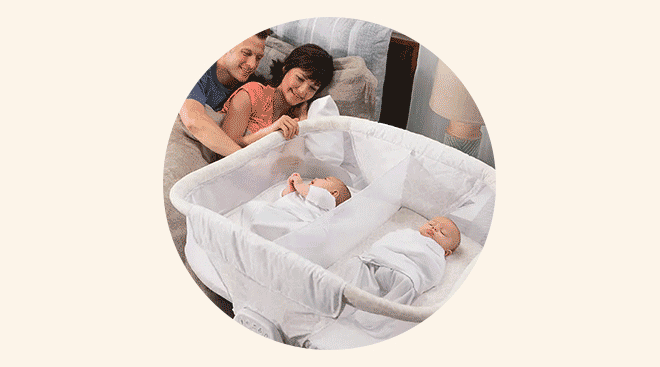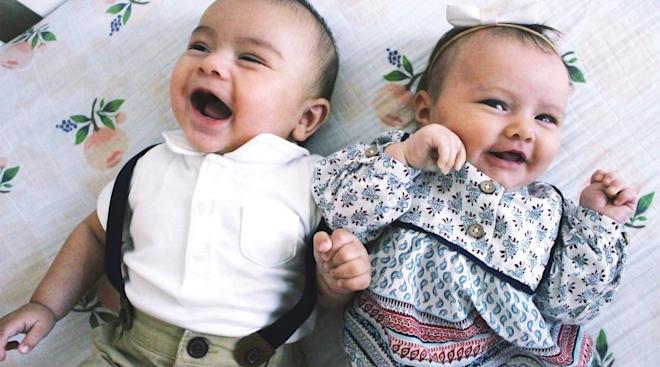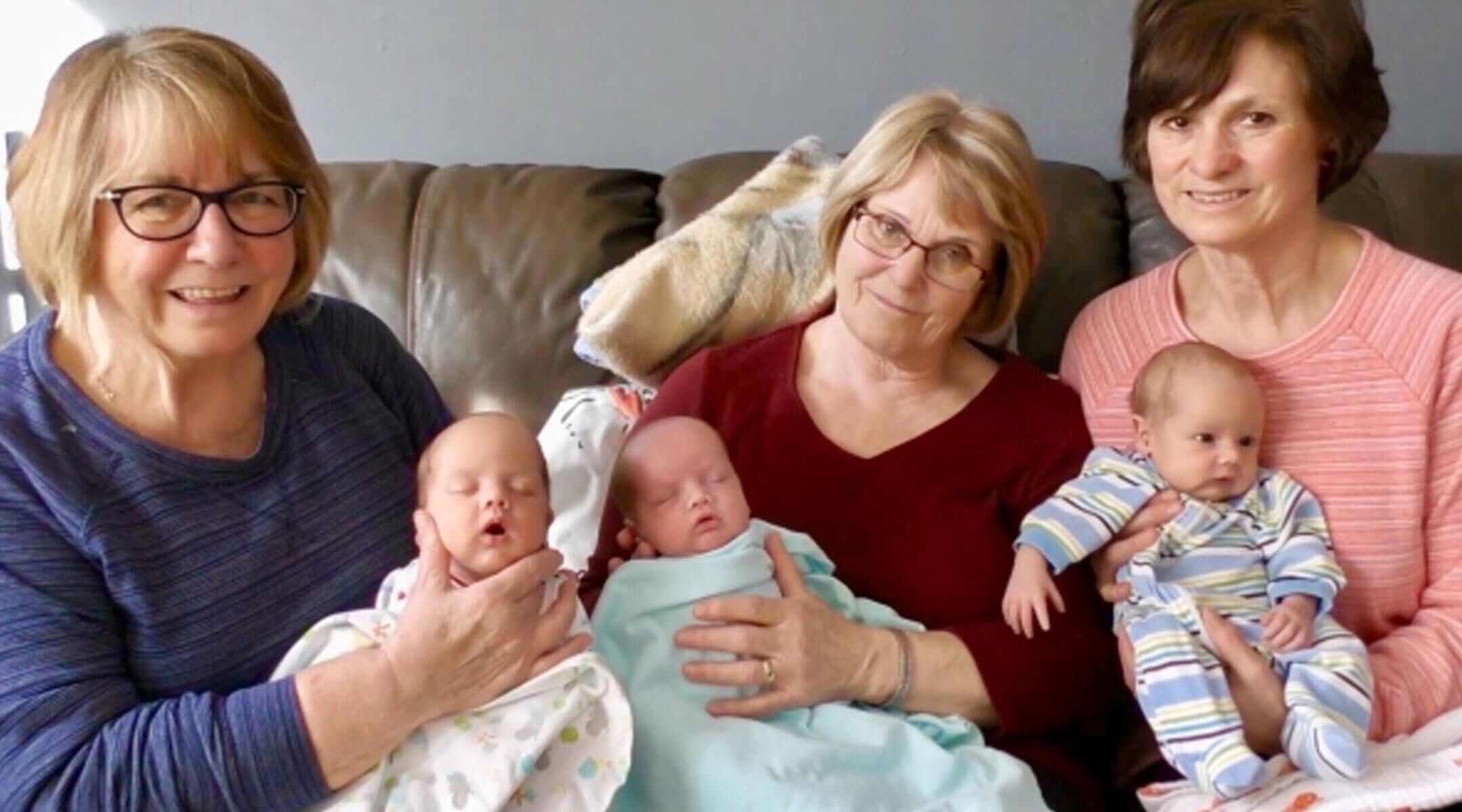Why Triplets Are Becoming Less Common in the US
The rate of triplets and higher-order births (like quadruplets) in the US is dropping, making these rare pregnancies even less common.
According to a new report by the Centers for Disease Control, the rate of triplets and higher-order births has shifted dramatically over the past 25 years. Between 1980 and 1998, these births surged from 37.0 to 193.5 per 100,000 births. However, since 1998, the rate has declined, falling to 73.8 per 100,000 births, with the majority of this decrease occurring after 2009.
To understand these changes, it’s helpful to know why the rate increased initially. The 1980–1998 rise was largely linked to two factors: older maternal age and the rise of fertility treatments. Research shows that both factors are associated with higher rates of triplets and beyond, especially due to the practice of implanting multiple embryos during in-vitro fertilization (IVF) to increase success.
Since the early 2000s, however, new guidance from the American Society for Reproductive Medicine and the Society for Assisted Reproductive Technology has recommended transferring fewer embryos. These changes, which took effect mostly between 2009 and 2023, have helped drive the decline in triplet and higher-order births as technology has evolved.
Why is it important to monitor the rate of triplet and higher-order births in the first place? In short, triplet and higher-order pregnancies come with added risks. “Monitoring trends in triplet and higher-order multiple births is important because women with a triplet/+ pregnancy are at higher risk of complications during pregnancy, and their infants are at greater risk of preterm birth and infant death,” Joyce Martin, a researcher at the National Center for Health Statistics and the report’s lead author, told CNN.
“If you look at the CDC’s numbers, you can sort of see these declines follow every year or two after these guidance updates have happened,” Dr. Micah Hill, president of the Society for Assisted Reproductive Technology, told the outlet. “These guidelines have evolved as the technology has evolved. I think it’s been successful in making fertility treatments safer, which is really what we care about when we’re talking about reducing these higher-order multiples.”
Expecting twins or triplets yourself? Check out The Bump’s twins and triplets registry guide to help you prepare for the great adventure ahead.
Navigate forward to interact with the calendar and select a date. Press the question mark key to get the keyboard shortcuts for changing dates.




















































